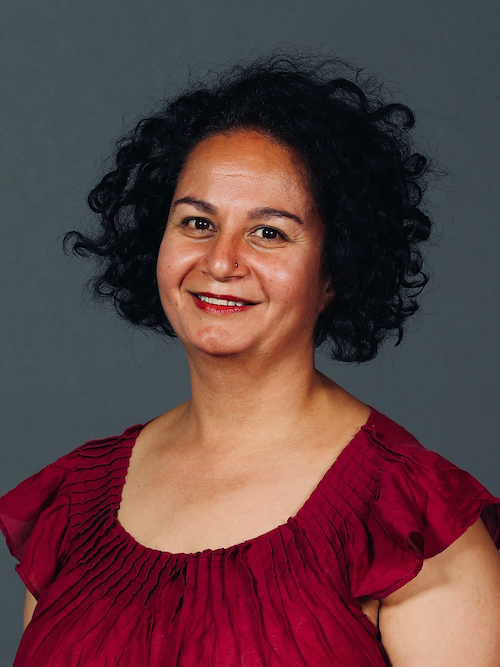I recently had a friend drop in to visit me at home whilst my father was visiting me from Australia. My friend came in and I offered him a seat on the couch, my father was working at the dining table. For a short while he stopped to chat with us, but then went on with his work.
It was early evening, so I offered my friend a drink. He paused, looked at my father apprehensively and requested a glass of water. I suggested a beer instead, and he looked at me with shock, clearly uncertain about how to respond. So as I walked towards the kitchen to grab us both a beer, I asked my father if he would also like one. He chose not to, and instead went out for his evening walk leaving us alone to catch up.
After he left, I asked my friend why he had looked so surprised. He explained that he could never imagine a similar scene being played out in his own home with his parents. He has a sister and can’t imagine her having men come into the home, let alone being left alone with them like my father had done. Having a glass of beer in front of his parents is not something he has ever attempted, and he certainly wouldn’t consider offering to pour a drink for his father either.
My friend is a strapping, intelligent man in his mid-thirties.
I have talked about this scene with quite a few of other friends, and all have had a similar response. None of this would have happened with their parents either. I spoke to my father about it, and he agreed it wouldn’t have been the done thing when he was growing up, but that was in Africa at least 50 years ago.
I understand that there are conservative attitudes to alcohol here, and not drinking in front a parent is considered a sign of respect. But I do wonder, at what point in time do parents let their children just be adults?
Is it when they get married? But many continue to live with their parents or in-laws after marriage, and therefore would continue to bound by the same rules.
I respect my parents, but they have fortunately allowed me to be an adult, and respected my choices (even when they haven’t agreed with them). My mother doesn’t drink, but she doesn’t force her personal choices on me. When my father was visiting he was the one offering me a beer in the evening. I have friendships with men, have lived on my own for the better part of the last 15 years and have no desire to get married.
Whilst I appreciate that my lifestyle is considered extremely liberal compared to many in India, I am grateful that my parents have let me not only be an adult, but have chosen to know who I am as an adult. So rather than hiding the fact that I enjoy a glass of wine, I share one with them.
I think it is sad to me that some of friends are not able to be themselves in front of their parents. What I don’t understand is why?
Is it a way for parents to control? Is it fear of watching a child grow up? Is it denial dressed up as respect? Or is it perhaps that the children are too fearful to show their parents who they are?

Leave a Reply